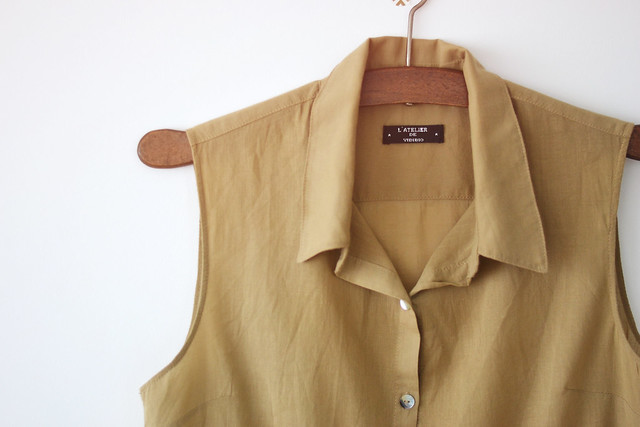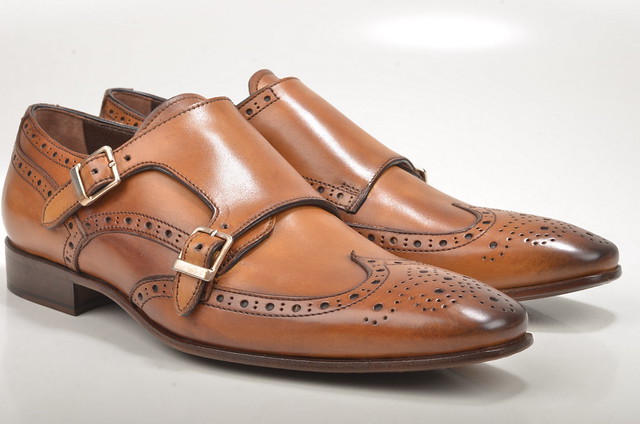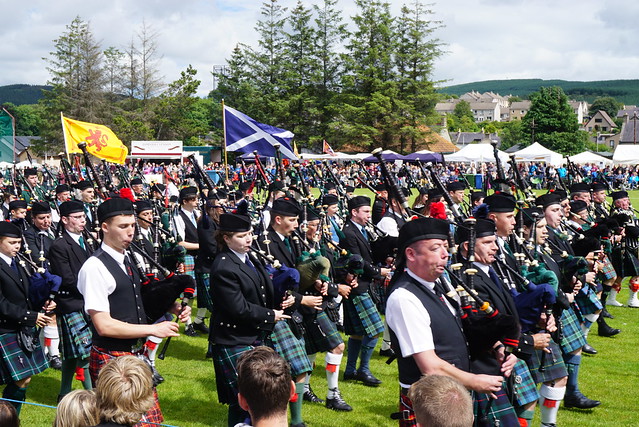Podcast: Play in new window | Download
In this episode we’re looking into baskets, bundles and related things.
The Proto-Celtic word *baskis means a bundle or load, and comes from the Proto-Indo-European *bʰask- (bandle, band) [Source].
Related words in Celtic language include:
- basc = circular necklet or neckband in Middle Irish
- basc = round, red, scarlet in Scottish Gaelic
- baich [bai̯χ] = burden, heavy load, labour, duty, sin, sorrow, woe, responsibility, a load or a dry measure in Welsh
- begh = burden, load in Cornish
- bec’h = difficulty, effort in Breton
Words from the same Proto-Celtic root include bascauda (woven mat or vessel to hold basketwork) in Late Latin, bâche (tarpaulin, canvas sheet, cover) in French, vascullo (broom, bundle of straw) in Galician, basket in English, فَشْقَار (fašqār – a heap of sheaves) in Arabic.
Incidentally, the Irish word bascaed, the Scottish Gaelic basgaid, the Manx basca(i)d/baskad, the Welsh word basged and the Cornish basket, all of which mean basket, were borrowed from English. The Breton word for basket, paner, was borrowed from the French panier (basket), from the Latin pānārium (breadbasket), from pānis (bread, loaf) [source].
Other words from the PIE root *bʰask- include fascis (bundle, burden, load, high office) in Latin, and possibly bast (fibre made from certain plants used for matting and cord) in English, bast (bast, raffia) in Danish, bast (inner bark, velvet, skin, hide) in Dutch, and bashkë (together, simultaneously) in Albanian [source].
You can be find more details of words for Burdensome Loads on the Celtiadur, a blog where I explore connections between Celtic languages in more depth. I also write about words, etymology and other language-related topics on the Omniglot Blog.












